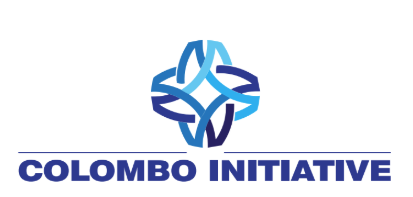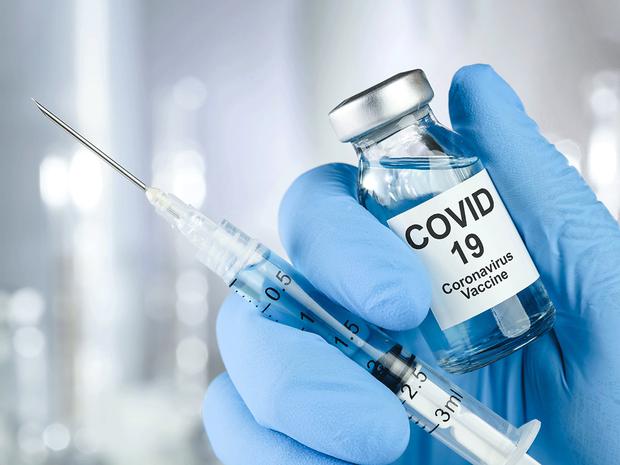When breakthrough progress was made in developing vaccines against Covid19 in 2020, the focus was on grabbing whichever the vaccine that was first available. However, with multiple vaccines entering the market with proven clinical results, the vaccination race started to revolve around superior efficacy, followed by superior brand equity for vaccines with higher efficacy. As there are multiple vaccine options with varying levels of efficacy, many countries experience a “brand tribalism” around Covid-19 vaccines. Recipients are increasingly concerned about vaccine brands and make attempts to get access to vaccine brands of their choice.
In the western world, recipient in the UK reported higher preference for AstraZeneca vaccines due to patriotic sentiments, as AstraZeneca vaccine was developed in the UK by Oxford University and British-Swedish pharmaceutical giant AstraZeneca. In contrast, recipients in the US reported higher preference for Pfizer–BioNTech vaccine, attached to superior team/tribe sentiment. However, sensation in the developing countries is different to that of developed western countries. Vaccine preferences in developing countries are divided among “western vaccines” (Pfizer, Moderna and other vaccines with Western origins) and “Asian vaccines” (Sinopharm, Sinovac and other vaccines with Asian origins), with more recipient inclining towards western vaccines. It is interesting to note that recipients who received flue and other vaccines in previous occasions did not display any brand preference and some recipients were unaware of brands of vaccines they received. However, the hype around Covid19 vaccine brands has provoked recipients to seek information about vaccines allocated to them by the Government. While it is admissible to have transparency in vaccination process by disclosing vaccine brands, it has led to chaos in vaccination drives in developing countries.
Considering vaccination drive in Sri Lanka, the country was off to a great start in July 2021 by recording the highest daily vaccination rate in the world, as tracked by Our World in Data. However, enthusiasm has taken a U-turn lately, as young adults between the ages of 20 to 30 years display high level of vaccine hesitancy. Young adults demand perceived superior vaccine brands such as Pfizer, provoked by “western vaccine supremacy complex”. There are many reasons for Sri Lankan young adults to prefer western vaccines over Asian vaccines and they are:
- Higher efficacy rates
Western vaccines have recorded higher efficacy rates compared to Asian vaccines. As per efficacy rates provided by the World Health Organization (WHO), western vaccines have recorded over 90% efficacy rate (Pfizer 95% and Moderna 94.1%) against symptomatic SARS-CoV-2 infection, while Asian vaccines lag below 80% (Sinopharm 79% and Sinovac 51%). Despite the continuous assurance that all vaccines used in Sri Lanka are effective in developing required level of antibodies, young adults demand vaccines with higher efficacy, resulting in hesitancy to take widely used Sinopharm vaccine.
- Overseas travel barriers
Many young adults are reluctant to take Asian vaccines due to the concerns of strict vaccines policies for travelers in foreign countries. Many Asian countries such as Singapore and Malaysia accept all vaccines listed under WHO Emergency Use Listing (EUL) including Sinopharm vaccine. Similarly, many Middle-Asian countries such as UAE and Qatar permit travelers who have taken two doses of Sinopharm vaccines, making it easier for migrant workers. However, western countries such as UK, US and European countries have not granted approval for travelers vaccinated with Asian vaccines, furthering the western vaccine supremacy. Nevertheless, most the young adults are unaware of vaccine policies of their potential travel destination and blindly believe that Asian vaccines are not accepted in all foreign countries. While Sri Lanka has set up on-demand facilities to provide western vaccines (double dose or booster shots) for travelers who wish to travel to western countries, the lack of awareness about such facilities have increased the challenge. As such, young adults are willing to wait longer hoping to get western vaccines to preserve their overseas travel dreams.
- Fear of being lab rats
Under the “Health Silk Road” program, China has supplied COVID-19 vaccines to over 80 countries, particularly in the developing world, many of which are members and supporters of the Belt and Road Initiative, exhibiting vaccine diplomacy. Some of these vaccines were largely untried and unapproved when initial donations were made. Sri Lanka was one of the initial beneficiaries of aforesaid Health Silk Road program and it has sparked concerns among the youth. Since long-term side-effects of these vaccines are not entirely clear yet, young adults fear being lab rats for the vaccine development process of China. By same means, long-term side effects of western vaccines are also yet to be observed, which has slipped the minds of young adults in Sri Lanka.
Thus, hesitancy among Sri Lankan young adults to take up Asian vaccines is more attributed to the branding efforts of western vaccines such as Pfizer than efficacy or concerns for side effects. Western vaccine superiority complex (more specifically Pfizer superiority complex) is a real phenomenon in Sri Lanka, as “double-dosed Pfizer elites” are seen as superior, attributing to a luxury lifestyle with hints of eligibility to travel to western countries. However, slow supply of western vaccines and lack of affordability to buy expensive western vaccines, coupled with hesitancy to take Asian vaccines have slowed the vaccine drive and thereby delayed achieving herd immunity target of Sri Lanka.
Recommendations
The best solution for vaccine hesitancy in Sri Lanka would be to tone down the brand narrative of vaccines. Young adults should be informed that all COVID-19 vaccines in use are safe and effective. Further, young adults should be educated about the vaccine policies for travelers in foreign countries, pointing out acceptance for Asian vaccines in foreign countries. These awareness campaigns are crucial to save the efforts and investment that went into once praised vaccination drive of Sri Lanka and to achieve herd immunity target to return to normalcy.

